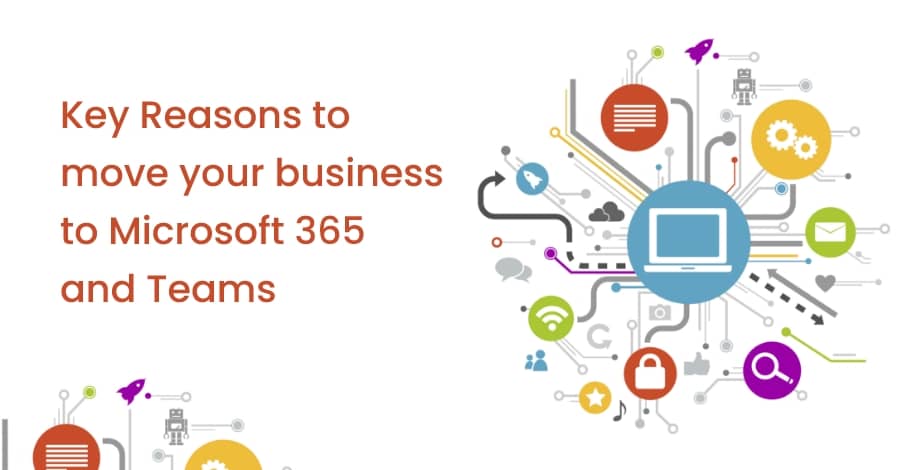
Imagine this: You’re an IT leader, juggling multiple responsibilities, from ensuring seamless collaboration across your organization to safeguarding sensitive data. Meanwhile, your team is navigating the ever-evolving landscape of technology. Enter Microsoft 365 managed services—the superhero cape for IT leaders. In this guide, we’ll explore how these services empower you, demystify the jargon, and provide actionable insights.
What Are Microsoft 365 Managed Services?
Defining the Landscape
Microsoft 365 (formerly Office 365) is more than just Word, Excel, and PowerPoint. It’s a comprehensive suite that includes productivity tools, communication channels, and cloud-based storage. Managed services take this suite to the next level by providing proactive support, security, and optimization.
A Brief History
Microsoft 365 emerged as a response to the digital revolution. As businesses shifted to remote work, the need for seamless collaboration, data protection, and scalability became paramount. Managed services providers (MSPs) stepped in, offering tailored solutions to keep organizations running smoothly.
Why It Matters
Managed services free up your internal IT team, allowing them to focus on strategic initiatives. From 24/7 monitoring to patch management, these services ensure your Microsoft 365 environment stays healthy and secure.
Trends and Developments
The Cloud Takes Center Stage
Microsoft 365 is cloud-powered, and its adoption continues to soar. Organizations are embracing the flexibility, scalability, and cost-effectiveness of cloud-based solutions. As an IT leader, understanding this shift is crucial.
Security First
Cyber threats are relentless. Managed services enhance your security posture by implementing robust protocols, threat detection, and incident response. Stay ahead of the curve with real-time monitoring and proactive measures.
Collaboration Beyond Boundaries
Remote work isn’t going away. Managed services optimize collaboration tools like Teams, SharePoint, and OneDrive. Imagine seamless file sharing, virtual meetings, and project management—regardless of physical location.
FAQs—Straight Answers for IT Leaders
Q: What’s the difference between Microsoft 365 and Office 365?
A: Microsoft 365 includes Office 365 apps plus additional features like security, compliance, and device management. It’s the whole enchilada.
Q: How do managed services handle updates?
A: MSPs handle updates seamlessly, ensuring your environment stays current without disrupting productivity.
Q: Can managed services prevent data breaches?
A: Absolutely! Regular security assessments, encryption, and access controls are part of the package.
Expert Tips from the Trenches
1. Know Your Workloads: Understand which Microsoft 365 components matter most to your organization. Tailor your managed services accordingly.
2. Stay Informed: Follow industry blogs, attend webinars, and network with other IT leaders. Knowledge is your secret weapon.
3. Test, Test, Test: Before rolling out new features, pilot them with a small group. Smooth sailing beats stormy seas.
Conclusion:
As an IT leader, you’re not alone. Embrace Microsoft 365 managed services—they’re your sidekick in the digital adventure. Whether it’s optimizing licenses, securing endpoints, or streamlining workflows, these services empower you to lead with confidence. So, suit up, fellow IT hero, and let’s conquer the cloud together.
Our Related Posts
Key Reasons to move your business to Microsoft 365 and Teams
As we all know, the world of work is changing. With new technology and changing business demands....
Microsoft 365 – empowering everyone for the Hybrid World
Every year, Power Apps comes with new ideas to tune the design and improve its AI model to make ideas work better….




Sorry, the comment form is closed at this time.